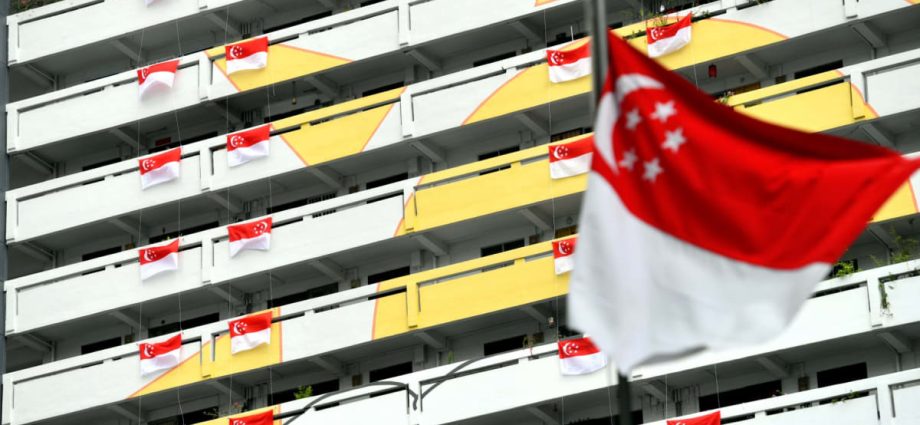
Apart from the flag, the national pledge, the national flower Vanda Miss Joaquim, the lion head symbol and the public seal – which is affixed to important documents of state – will also now be recognised as national symbols.
In addition, three presidential symbols – the presidential standard, presidential crest and presidential seal – will be given statutory recognition and protection.
Among the four newly recognised national symbols, the national pledge and public seal will come under statutory safeguards. No new regulations are intended for the national flower or lion head symbol.
Under the new rules, a person must not make a musical record that includes a rearrangement of the national anthem that contravenes the regulations. Additionally, using the national anthem commercially will require permission from the Minister.
Likewise, the national pledge should not be used for commercial purposes unless permission is given by the Minister. When the national pledge is taken, it must always be recited in full.
As for the use of the state crest, an individual must not knowingly make or deal in a copy of the crest or cause a copy of the state crest to be made or dealt in.
This does not apply to anything done by a government department, with the approval of the Minister, for the purposes of reporting news, or anything done incidentally to an act that is otherwise lawful and without causing disrespect to the state crest. A distorted reproduction of the state crest must also not be knowingly made, used or displayed.
The public seal, which is also recognised as a national symbol, may only be affixed by or with the authority of the President or as required or permitted by law.
In addition, the use of presidential symbols will now also be regulated. The presidential standard – a red flag with a white crescent moon and five stars emblazoned in the centre – may only be flown, displayed or otherwise used by or with the authority of the President.
The seal of the President may only be affixed by or with the authority of the President.
An individual not knowingly make or deal in a copy of the presidential coat of arms or cause a copy of the coat of arms to be made or dealt in. They must also not knowingly make, use or display a distorted reproduction of the coat of arms.

